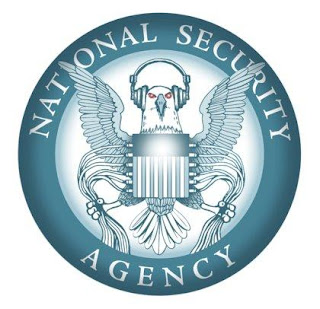
"... American intelligence officials said that the conversations of only a dozen or so top Iranian officials and scientists would be worth monitoring in order to determine whether the weapons program had been restarted, (how many of those 12 have been assassinated?) because decision-making on nuclear matters is so highly compartmentalized in Iran.... The United States and Israel share intelligence on Iran, American officials said. For its spying efforts, Israel relies in part on an Iranian exile group that is labeled a terrorist organization by the United States, the Mujahedeen Khalq, or M.E.K., which is based in Iraq. The Israelis have also developed close ties in the semiautonomous region of Kurdistan in northern Iraq, and they are believed to use Kurdish agents who can move back and forth across the border into Iran. American intelligence officials, however, are wary of relying on information from an opposition group like the M.E.K., particularly after their experience in Iraq of relying on flawed information provided by the Iraqi National Congress, an exile group run by Ahmad Chalabi. “I’m very suspicious of anything that the M.E.K. provides,” said David A. Kay, who led the C.I.A.’s fruitless effort to find weapons program in Iraq. “We all dealt with the Chalabis of the world once.”
Just as in 2010, new evidence about the Iranian nuclear program delayed the National Intelligence Estimate in 2007, the last previous assessment. Current and former American officials say that a draft version of the assessment had been completed when the United States began to collect surprising intelligence suggesting that Iran had suspended its weapons program and disbanded its weapons team four years earlier.
The draft version had concluded that the Iranians were still trying to build a bomb, the same finding of a 2005 assessment. But as they scrutinized the new intelligence from several sources, including intercepted communications in which Iranian officials were heard complaining to one another about stopping the program, the American intelligence officials decided they had to change course, officials said. While enrichment activities continued, the evidence that Iran had halted its weapons program in 2003 at the direction of the supreme leader, Ayatollah Ali Khamenei, was too strong to ignore, they said.
One former senior official characterized the information as very persuasive. “I had high confidence in it,” he said. “There was tremendous evidence that the program had been halted.”..."

No comments:
Post a Comment